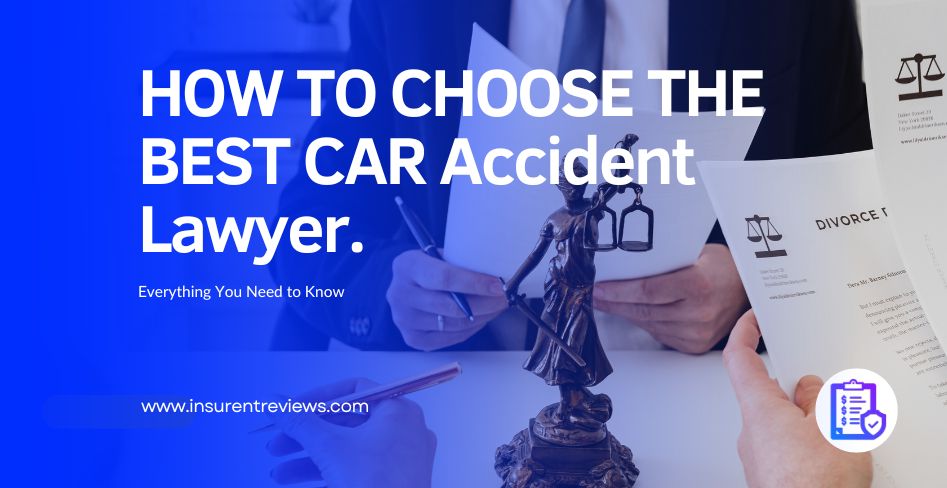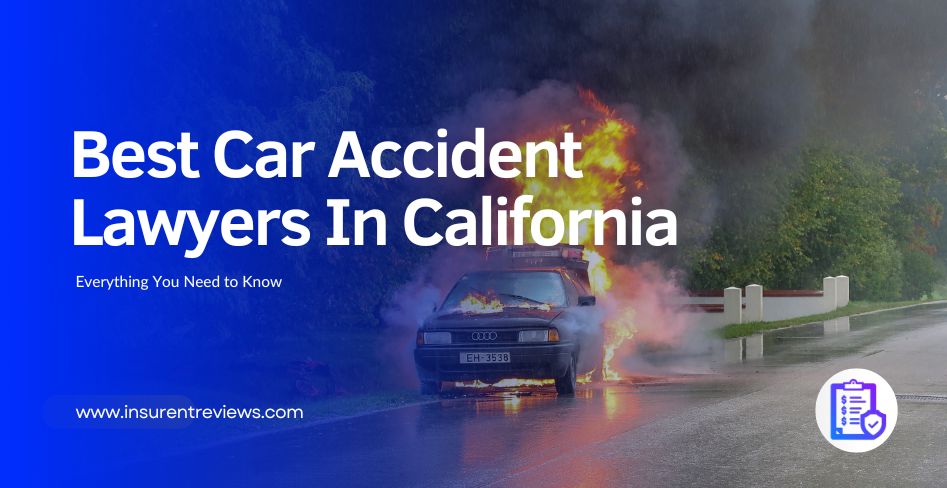Benefits of Car Insurance
What is Car Insurance?
Car insurance is a contract between a car owner and an insurance company, providing financial protection against physical damage or bodily injury resulting from traffic collisions and against liability that could also arise from incidents in a vehicle. It covers the costs associated with vehicle repair, medical expenses, and third-party damage.
Why is Car Insurance Required?
Car insurance is legally required in many countries, including the United States. It ensures that drivers can cover the costs of accidents they cause and provides financial protection for the policyholder. It also helps mitigate the financial burden of repairs, medical bills, and legal fees, ensuring that all parties involved in an accident can be adequately compensated.
16 Benefits of Car Insurance
1. Bodily Injury Liability
Bodily injury liability coverage helps pay for injuries you cause to others in a car accident. This includes medical expenses, lost wages, and legal fees if the injured party sues you. It ensures that you are financially protected from potentially high injury costs.
2. Auto Glass Insurance
Auto glass insurance covers the repair or replacement of your vehicle’s windshield and other windows. This type of coverage ensures that you won’t have to pay out-of-pocket for glass repairs, which can be costly.
3. Liability Insurance
Liability insurance is essential as it covers damages you may cause to other drivers, vehicles, or property. This type of coverage is often mandatory and ensures that you can compensate others for any harm caused.
4. Car Insurance May Be Mandatory
In many jurisdictions, car insurance is legally required. This mandate ensures that all drivers can cover the costs of damages or injuries they may cause, promoting a safer and more responsible driving environment.
5. Collision Coverage
Collision coverage pays for damage to your car resulting from a collision with another vehicle or object. It helps cover repair costs or replaces your car if it is totaled in an accident, regardless of who is at fault.
6. Comprehensive Coverage
Comprehensive coverage protects against non-collision-related incidents such as theft, vandalism, natural disasters, and falling objects. It ensures that you are covered for a wide range of potential damages.
7. Damage or Loss to the Insured Vehicle
This coverage ensures that any damage or loss to your vehicle is compensated. Whether it’s a minor fender bender or a total loss due to an accident, your insurance policy helps you recover financially.
8. Financial Coverage
Car insurance provides essential financial coverage, protecting you from the high costs of accidents, repairs, and medical bills. It ensures that you can manage unexpected expenses without significant financial strain.
10. Cashless Garage Network
Many insurance companies offer a network of cashless garages where you can get your car repaired without paying upfront. The insurer settles the bill directly with the garage, simplifying the repair process for you.
11. No Claim Bonus
A no-claim bonus (NCB) is a reward for policyholders who do not make any claims during the policy period. This bonus typically translates into a discount on your premium, encouraging safe driving and careful vehicle maintenance.
12. Personal Injury Protection
Personal injury protection (PIP) covers medical expenses for you and your passengers regardless of who is at fault. This coverage includes hospital bills, rehabilitation costs, and even lost wages, providing comprehensive protection after an accident.
13. Rental Reimbursement Coverage
If your car is in the shop for repairs after an accident, rental reimbursement coverage pays for a rental car. This ensures that you have transportation while your vehicle is being repaired, minimizing inconvenience.
14. Theft
Car insurance protects against theft, ensuring that you are compensated if your vehicle is stolen. This coverage helps you recover financially and may include the cost of a rental car until your vehicle is replaced.
15. To Help Cover Your Passengers
Car insurance can provide coverage for passengers injured in an accident. This protection ensures that their medical expenses are covered, helping to avoid potential legal disputes and ensuring their well-being.
16. Towing Coverage
Towing coverage pays for the cost of towing your vehicle to a repair shop if it breaks down or is involved in an accident. This ensures that you are not left stranded on the road and can quickly get your car to a mechanic.
17. Underinsured Motorist
Underinsured motorist coverage protects you if you are involved in an accident with a driver who does not have enough insurance to cover the damages. This coverage ensures that you are not left paying for someone else’s negligence.
What Affects Car Insurance Prices?
Several factors influence the cost of car insurance, including:
🟩 Driving Record: A clean driving record typically results in lower premiums, while a history of accidents or violations can increase costs.
🟩 Vehicle Type: Your car’s make, model, and age can affect insurance rates. High-end or newer vehicles often cost more to insure.
🟩 Location: Where you live impacts your insurance rates due to crime rates, traffic density, and local repair costs.
🟩 Coverage Levels: Higher coverage limits and additional types of coverage will increase your premium.
🟩 Credit Score: In some regions, insurers use credit scores to determine rates, with better scores often leading to lower premiums.
🟩 Age and Gender: Younger drivers and males often face higher premiums due to higher risk factors associated with these groups.
What Types of Car Insurance Coverage Are Available?
Several types of car insurance coverage are available to meet different needs and requirements:
🟩 Liability Insurance: Covers damages you cause to others.
🟩 Collision Coverage: Pays for damage to your car from a collision.
🟩 Comprehensive Coverage: Covers non-collision-related damages.
🟩 Personal Injury Protection (PIP): Covers medical expenses for you and your passengers.
🟩 Uninsured/Underinsured Motorist Coverage: Protects against drivers with insufficient insurance.
🟩 Rental Reimbursement: Pays for a rental car if yours is being repaired.
🟩 Towing and Labor Coverage: Covers towing and minor repairs.
Your FAQs Answered
What is the #1 Auto Insurance in the US?
The #1 auto insurance company in the US can vary based on metrics like market share, customer satisfaction, and financial strength. As of recent rankings, State Farm is often cited as the largest and most widely recognized provider.
Which Type of Car Insurance is Best?
The best type of car insurance depends on individual needs. Full coverage, which includes liability, collision, and comprehensive insurance, is often considered the most comprehensive and safest option.
What is the Most Expensive Car Insurance Coverage?
Comprehensive coverage is typically the most expensive due to its broad protection against a wide range of potential damages and incidents.
Which 5 Companies are Best for Car Insurance?
Based on various criteria such as customer service, coverage options, and financial strength, the top five car insurance companies in the US often include:
1. State Farm
2. GEICO
3. Progressive
4. Allstate
5. USAA (not available to everyone as it is limited to military members and their families)
Conclusion
Car insurance provides essential financial protection and peace of mind for drivers. Understanding the various benefits and types of coverage can help you choose the best policy for your needs. Always compare options and consider factors like coverage levels, premiums, and the insurer’s reputation to make an informed decision.










![What Is The Most Common Home Care Service [ Trends 2024 ] What Is The Most Common Home Care Service](https://insurentreviews.com/wp-content/uploads/2024/07/What-Is-The-Most-Common-Home-Care-Service.jpg)




